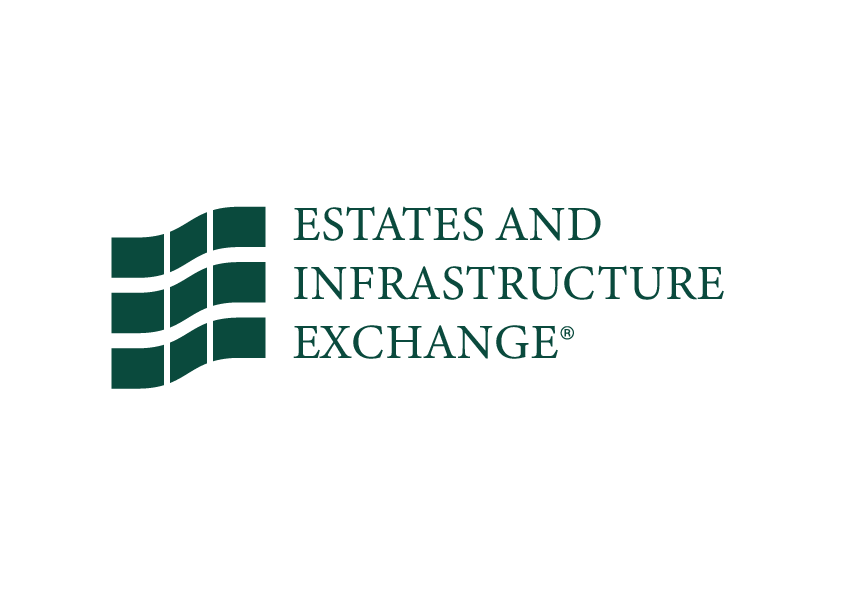Whether you are discussing gross market inefficiencies or huge potential benefits, the infrastructure industry needs a new friend, says Prof Ian Reeves CBE.
There is no doubt in my mind that the need for an exchange is more obvious than ever and the time is absolutely right.
The answers come into clear focus when you consider the current private placement process for funding vital infrastructure projects.
Everyone in the industry agrees there is a need for more infrastructure and it would be a Quixotic task to find anyone who doesn’t believe the current system is, at very least, inefficient and in urgent need of new thinking.
Evidently, the existing process lacks a focal point and the transparency, liquidity, and clear pricing comparators which an exchange provides, especially within the context of adjusted risk.
Market research indicates the combination of these benefits will lead to an increase both in the number and range of investors, and in the proportion of their capital that they will allocate to infrastructure debt and equity investment.
Specialist exchange
Research also suggests that a specialist exchange which delivers these benefits will bring down the costs of this capital, and inevitably the costs of raising it, thus freeing more resource to better reach the projects.
While the infrastructure market is already global and multi-trillion US Dollars in scale, there is still a high unsatisfied need for further infrastructure.
In spite of having behind us a decade of historically low interest rates, investors have substantial capital and they are urgently trying to invest for the long term. They are keen to earn long-term higher risk-adjusted returns, hedged against inflation which are the principle offerings from investments in infrastructure.
Economic demand
Some people simply reply that since economic demand requires ‘need or desire’ coupled with the ‘ability to pay’, that this unsatisfied need in infrastructure is due to potential projects failing to satisfy the affordability test.
However, we know this simple reply, quite simply, isn’t true. We know that not all desired projects provide value for money for those paying to use the particular infrastructure.
We also know that in the majority of cases projects approved for implementation have passed a full feasibility study, been approved at every gateway review and sophisticated investment stress testing but for whatever reason, don’t become reality.
To list all of the reasons why perfectly feasible projects do not get implemented here would be to invite pages and pages of hugely debatable material. It is safe to say though, that anyone who has spent any length of time in this business can list dozens of them off the top of their heads.
What is also important to consider are the wider non-user benefits to the national economy which infrastructure projects provide. You can’t get goods on a market if you can’t get them there in a globally competitive world cost-effectively, for example.
Indeed this is to say nothing about the strongly-held view of many economists that the real whole life value of infrastructure is seriously understated, because of the risk and conservative bias in most investment appraisals.
Whether the investment funds flow into infrastructure projects directly from financial institutions, or indirectly through the numerous listed and unlisted Infrastructure funds, the advantages and benefits of these underlying investments being listed and traded on an exchange are there for all to see.
Happily we have the answer.
The Estates and Infrastructure Exchange (EIX) will bring a major international focus for investments in infrastructure.
With the transparency, liquidity and structured pricing comparators that come naturally with an exchange this will have the potential to transform the efficiency of infrastructure investment markets.
Ultimately, it will enable economically viable projects to be financed, which is not always the case today, and is the best of so many good reasons why infrastructure needs an exchange.
Professor Ian Reeves CBE, visiting Professor of infrastructure investment and construction at Alliance Manchester Business School, is the chairman of EIX.

